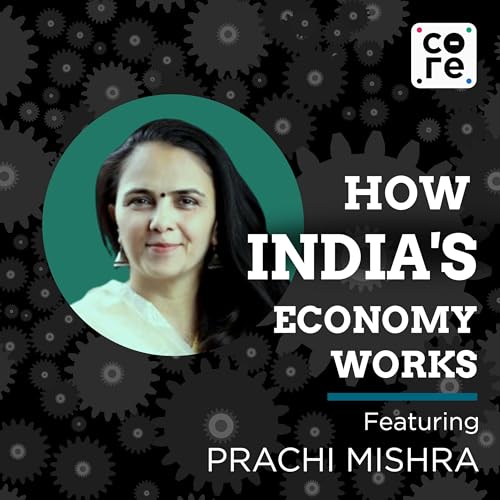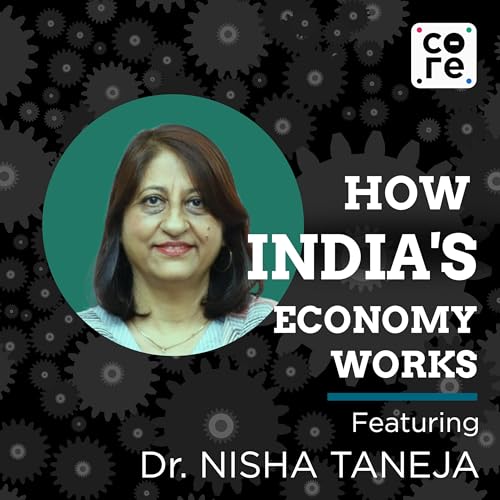In this episode, journalist and author Puja Mehra speaks with economist N. R. Bhanumurthy about the rise of women-focused cash transfer schemes and what they reveal about India’s social policy priorities. Drawing on his evaluations of early pilots in Madhya Pradesh that shaped the Ladli Behna programme, Bhanumurthy explains why cash outperforms kind transfers, how implementation improved with better beneficiary identification and payment systems, and what the evidence shows about nutrition gains for women and children.
He also addresses concerns that these schemes are becoming political tools or crowding out spending on health and education, arguing instead that the real issue is the lack of rationalisation across hundreds of overlapping state schemes. The conversation highlights why mobility remains a major barrier for women, why free bus travel could have long-term economic benefits, and how India’s current gender budgeting framework must shift from accounting to outcomes. Tune in for insights on how welfare can be redesigned to advance gender equity.
SHOW NOTES
(00:00) Introduction
(00:14) How Cash Transfer Ideas Began
(01:00) Early Schemes in Madhya Pradesh
(04:04) Lessons from Ground Evaluations
(04:47) What Worked and What Didn’t
(06:40) Cash vs Kind: Key Findings
(07:54) Misuse Concerns and Realities
(09:24) Are Schemes Becoming Political?
(10:16) Welfare, Politics, and Gender Gaps
(12:44) Cash Transfers vs Public Services
(13:28) Do Transfers Reduce State Effort?
(15:03) Fiscal Risks and Scheme Overlap
(15:32) Why States Must Rationalise
(17:16) Free Bus Travel for Women
(19:05) Short-Term vs Long-Term Impact
(20:36) Mobility, Culture, and Labour Gaps
(21:32) Women’s Work and Growth Potential
(23:59) Rethinking India’s Gender Budgeting
For more of our coverage check out thecore.in
Subscribe to our Newsletter
Follow us on:
Twitter |Instagram |Facebook |Linkedin |Youtube
 Dec 17 202527 mins
Dec 17 202527 mins Dec 3 202525 mins
Dec 3 202525 mins Nov 19 202527 mins
Nov 19 202527 mins 31 mins
31 mins 26 mins
26 mins 36 mins
36 mins 36 mins
36 mins 1 hr and 1 min
1 hr and 1 min
